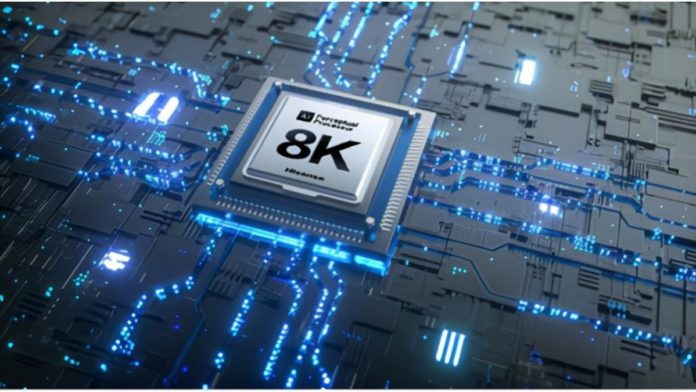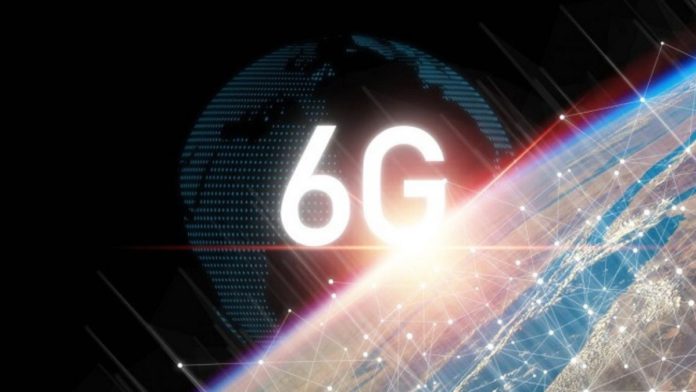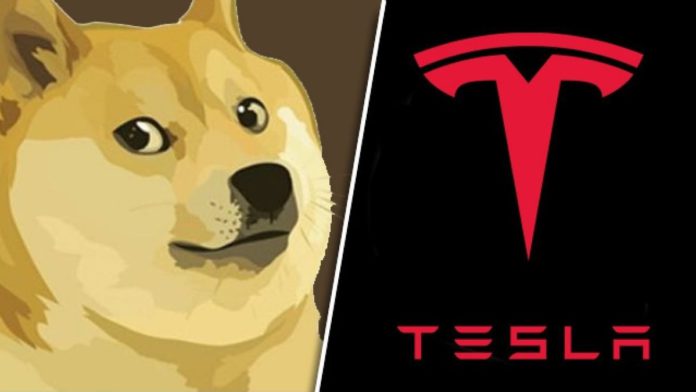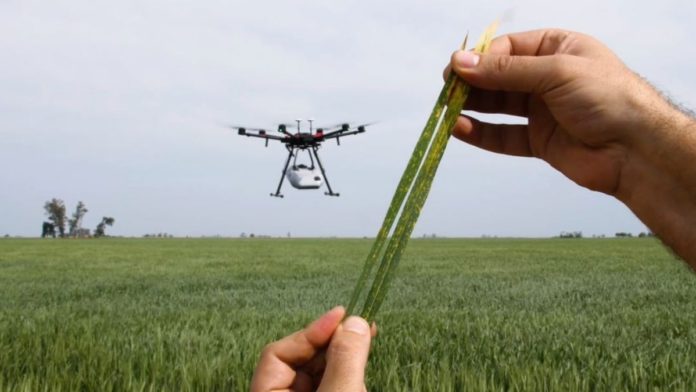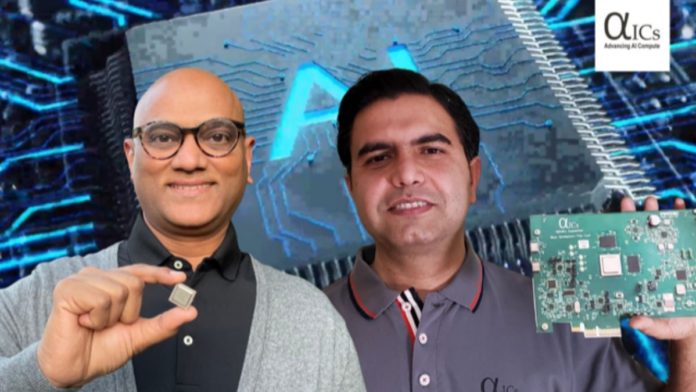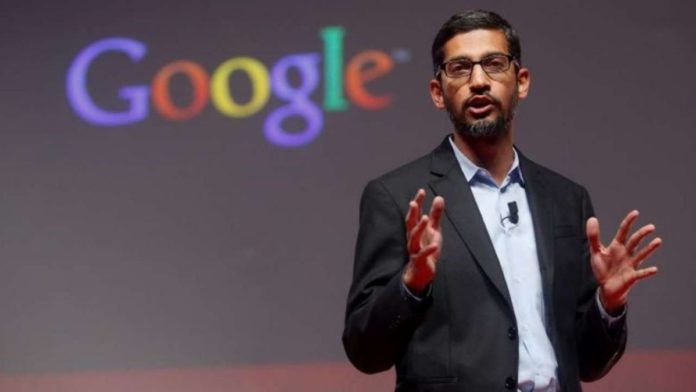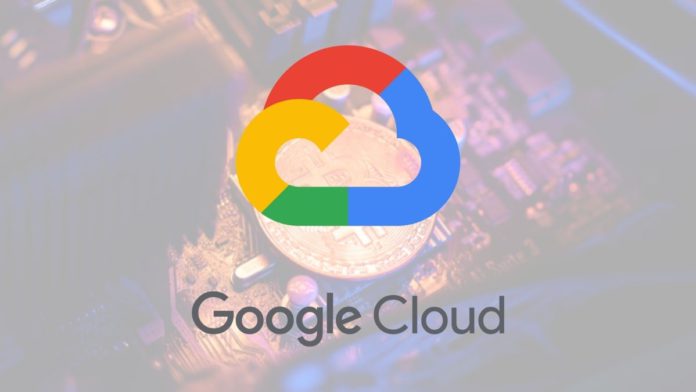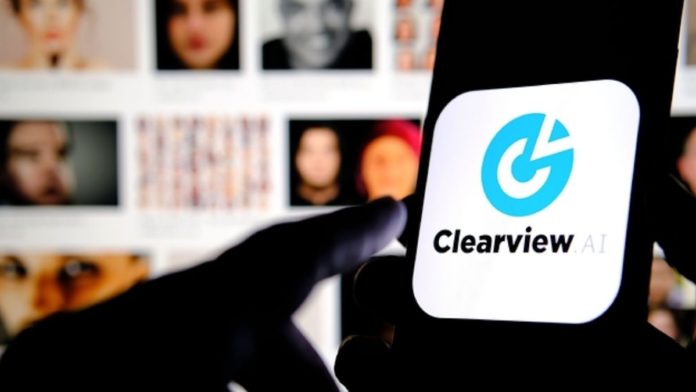Chinese consumer electronics manufacturing company Hisense officially unveils its new self-developed 8K AI Perceptual Processor named Hi-View HV8107 to empower the global display industry.
The newly launched chipset will help the company gain an edge over other brands in this competitive display market.
This new artificial intelligence-powered chip is a significant step forward in Hisense’s Ultra-High-Definition (UHD) video industry’s development and industrialization of 8K technology.
Read More: Samsung partners with Keysight for Advanced Research in 6G
Apart from televisions, Hisense’s new AI processor can also power professional 8K broadcast monitor products. According to the company, the AI chipset is the core underlying technology of Hisense’s large display strategy.
Yu Zhitao, Vice President of Hisense Group and President of Hisense Visual Technology, stated publicly that the year 2022 would mark a turning point in worldwide television competitiveness, with the industry’s primary competitive considerations shifting from price and screen size to chips and image quality.
The Hi-View HV8107 chip supports over 33 million pixels and also has a partition control of 26,880 zones and sophisticated AI sensing capabilities. This feature provides an immersive viewing experience to the users, making it a highly capable chipset.
In addition, the chip is impressive in terms of capturing high-speed moving object trajectory, improving skin color, and reducing noise. Fujian-based electronics manufacturer Hisense was founded in 1969.
The company specializes in digital media products like smartphones and TVs, along with refrigerators, air conditioners, and other domestic appliances. Hisense was a vast customer base with products sold in over 200 countries across the world.
Hisense has been developing the first digital video processing chip with its own intellectual property rights and industrialization since 2005.
The company mentioned that the AI processor has already entered the mass production stage and will be used in various display products from Hisense’s subsidiary brands, including Toshiba. Hisense plans to prioritize chip research and development in order to differentiate itself from the competition.


